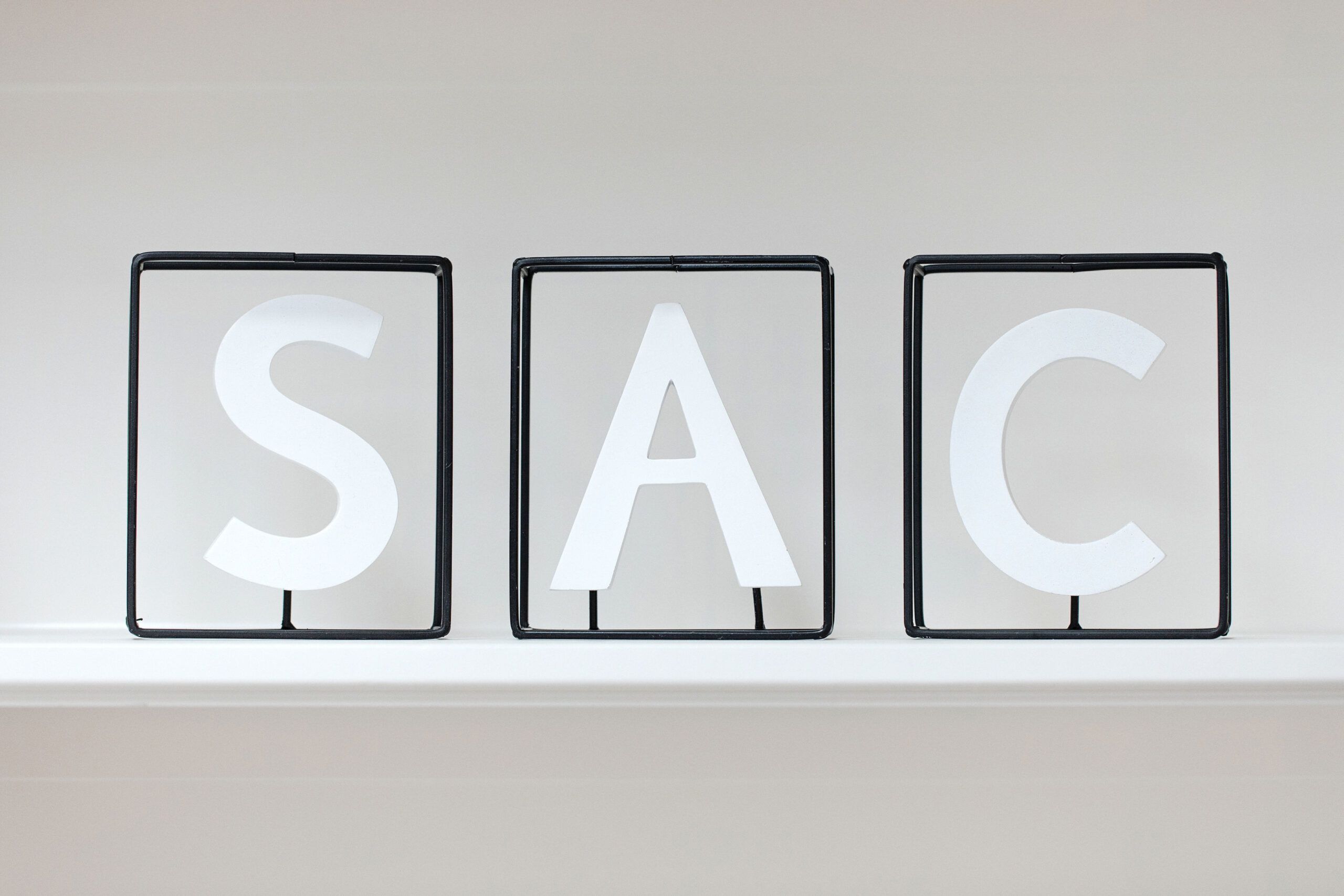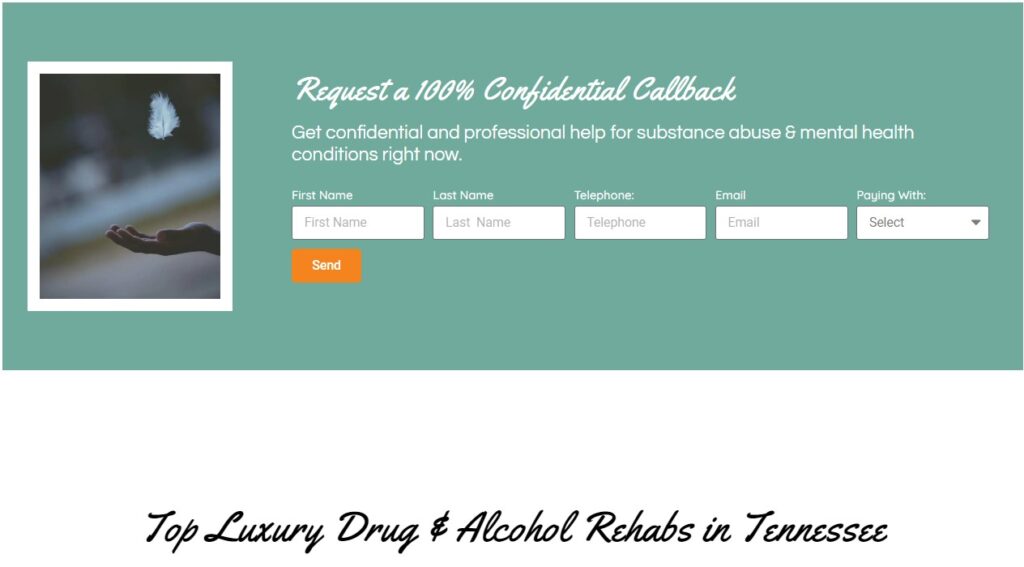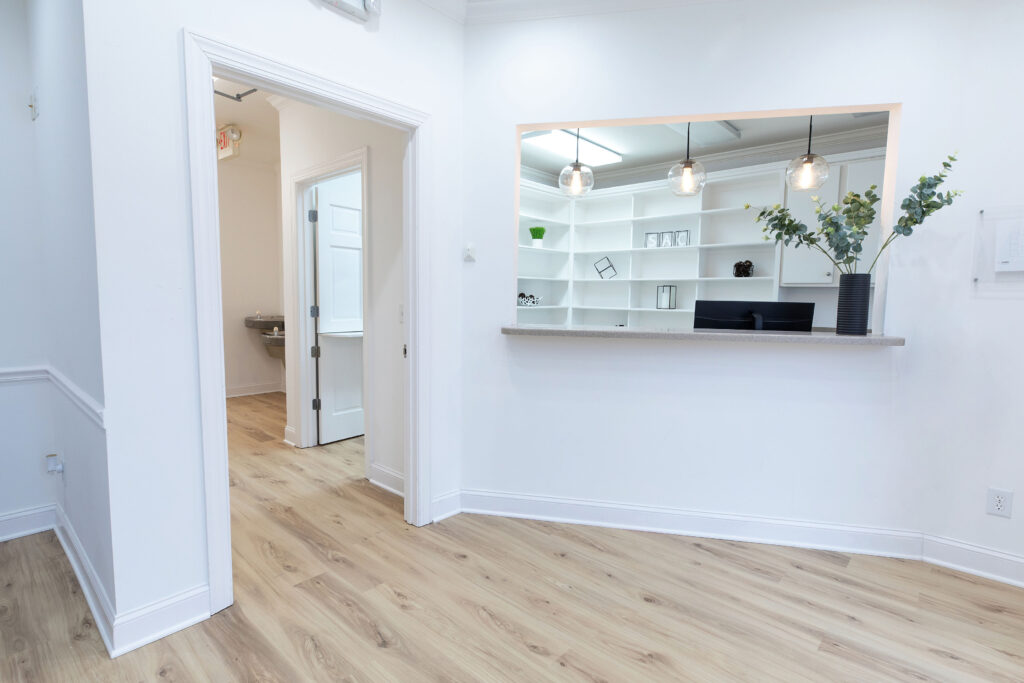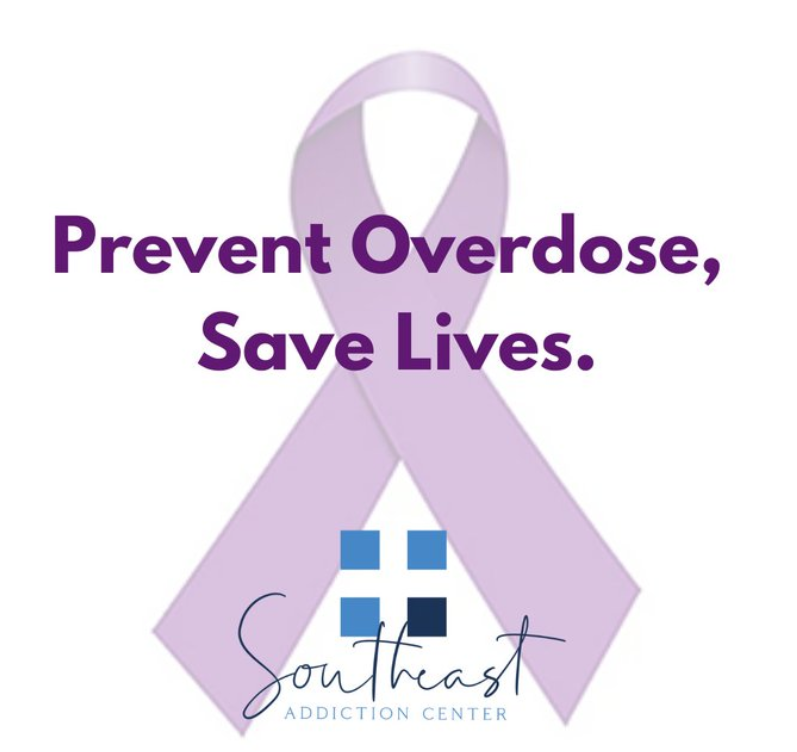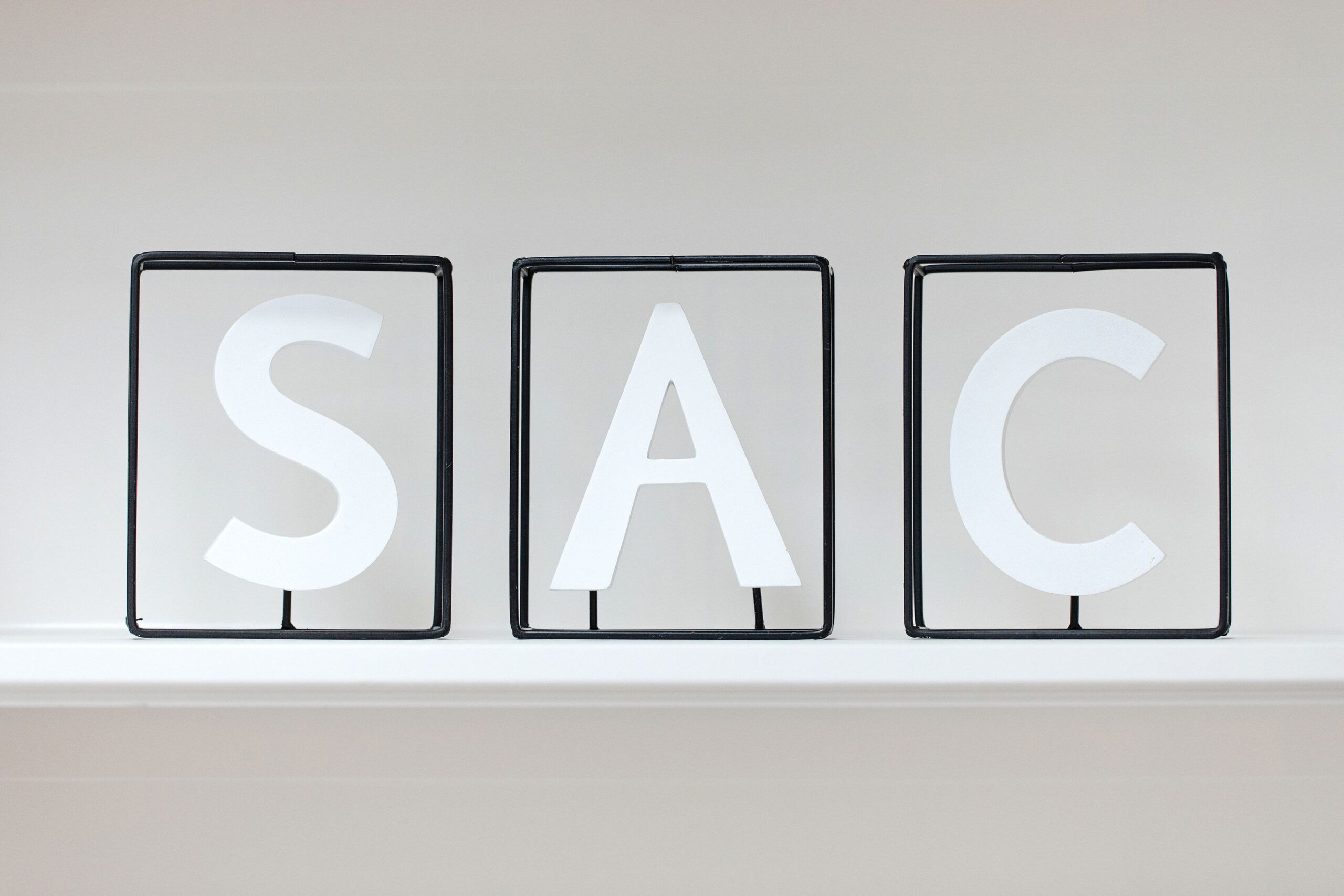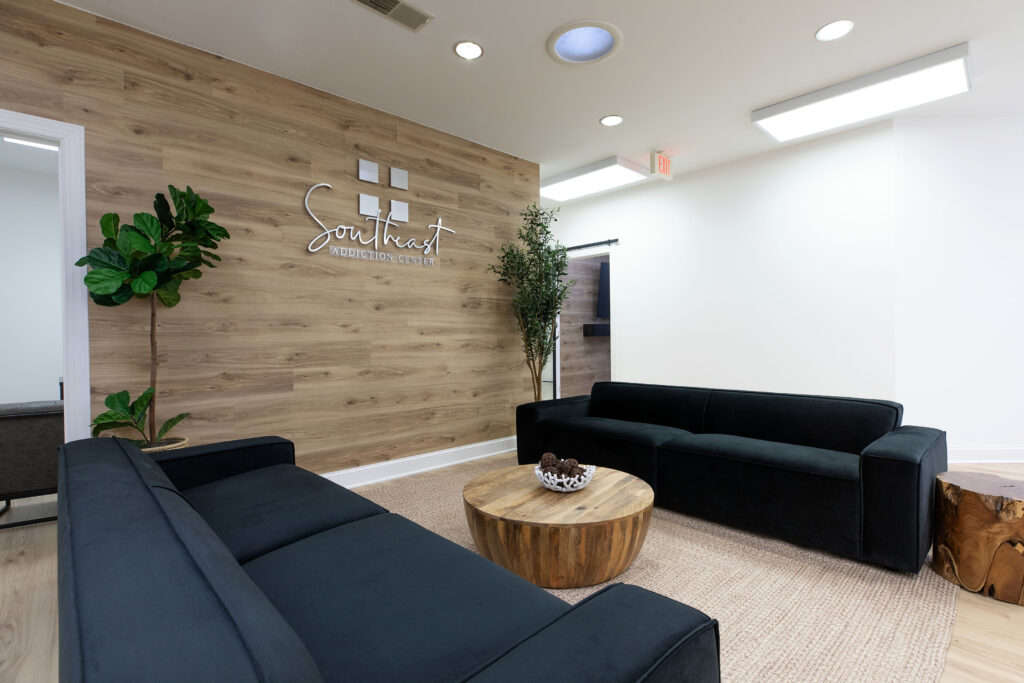Get Help Now: Tricare Covers Your Path to Recovery!
Tricare & Substance Abuse Treatment
Tricare offers coverage for substance abuse treatment, including detoxification, counseling, and therapy. It’s important to reach out to Tricare directly or visit their website to understand the specific details of your coverage and find a provider that meets your needs.
You’re not alone in your fight against addiction. Tricare, a champion for military families and veterans, stands ready to support your journey towards healing with extensive substance abuse treatment coverage.
Uncover a World of Support:
- Comprehensive Coverage: Tricare throws a wide safety net, encompassing inpatient/outpatient programs, detox, counseling, medication-assisted treatment (MAT), and residential rehab facilities.
- Tailored Options: Choose the path that suits you best. Inpatient care provides round-the-clock therapy at specialized centers, while outpatient programs allow flexibility with therapy sessions from home.
- MAT Integration: Recognizing its effectiveness, Tricare covers FDA-approved medications alongside therapy for a powerful recovery approach.
Tricare’s Support for Substance Abuse Recovery
Understanding Tricare’s Commitment:
Tricare recognizes the profound impact of substance abuse on individuals and families. Their unwavering commitment translates into a vast array of treatment options, ensuring each person receives the support they need. Whether you battle alcoholism, drug dependence, or any other form of addiction, Tricare stands firmly by your side.
A Tapestry of Support:
Tricare’s coverage is a rich tapestry woven with diverse treatment modalities. Let’s explore some key threads:
- Inpatient and Outpatient Care: Tricare empowers you to choose the right setting for your recovery. Inpatient programs offer intensive therapy and structured support within specialized facilities, ensuring 24/7 care. Conversely, outpatient programs provide flexibility, allowing you to attend therapy sessions at clinics or hospitals while residing at home.
- Medication-Assisted Treatment (MAT): Recognizing the effectiveness of MAT in combating opioid use disorders and alcohol dependence, Tricare embraces this approach. FDA-approved medications are seamlessly integrated with behavioral therapies, creating a potent force for recovery.
- Detoxification Services: Safely detoxifying your body from the grip of addictive substances is crucial for initiating recovery. Tricare offers coverage for medically supervised detox programs, easing you through the withdrawal process with the support of qualified professionals.
- Counseling and Therapy: Addressing the psychological underpinnings of addiction is paramount. Tricare provides coverage for individual and group therapy sessions, fostering a safe space to explore triggers, develop coping mechanisms, and cultivate emotional well-being.
- Residential Rehab Centers: For those seeking a structured environment outside of a medical facility, Tricare covers residential rehab programs. These programs provide intensive therapy, peer support, and life skills training within a supportive community.

Taking the First Step:
Knowing where to begin can be daunting. Here’s a breakdown of accessing treatment with Tricare:
- Understanding Your Plan: Familiarize yourself with your specific Tricare plan. This ensures you grasp the covered services, limitations, and any necessary pre-authorization requirements. Tricare offers various plans, each with slightly different coverage details.
- Securing Referrals: Depending on your plan, a referral from your primary care physician (PCP) might be needed for certain treatments. This referral ensures your chosen treatment aligns with your overall healthcare needs.
- Finding Approved Providers: Tricare boasts a network of licensed professionals experienced in treating addiction disorders. Locate them through the Tricare online directory or contact customer service for assistance. Choosing in-network providers maximizes your benefits and minimizes out-of-pocket expenses.
- Contacting Providers: Reach out to potential providers to discuss their services, availability, and insurance acceptance. Share any treatment preferences or concerns during these conversations.
- Scheduling Assessment: Once you’ve identified a suitable provider, schedule an initial assessment promptly. This evaluation determines the severity of the addiction and recommends the most appropriate treatment options.
- Embracing Treatment: Recovery is a journey, not a destination. Adhere closely to your treatment plan, whether it includes intensive therapy, medication, support groups, or outpatient services. Active participation is key to lasting change.
Remember, Tricare is here to support you every step of the way. You don’t have to walk this path alone.
Financial Considerations:
Finances shouldn’t be a roadblock to recovery. Tricare operates on a cost-sharing model, meaning you and Tricare share treatment costs based on your specific plan. While Tricare covers a substantial portion of substance abuse treatment, some out-of-pocket costs might exist, such as deductibles, copayments, or coinsurance fees.
Here are some tips to navigate Tricare’s cost-sharing model:
- Confirm Coverage: Before embarking on treatment, contact Tricare to verify specific services covered under your plan and understand potential out-of-pocket costs.
- Prioritize In-Network Providers: Choosing in-network providers ensures pre-negotiated rates with Tricare, minimizing your financial burden.
- Explore Resources: Tricare might offer resources to help manage treatment costs regardless of your financial circumstances. Don’t hesitate to inquire.
The Power of Stories:
The path to recovery is filled with both challenges and triumphs. Hearing stories of individuals who have overcome addiction with Tricare’s support can be a source of immense inspiration.
Strength in Numbers:
Tricare fosters a supportive community. You’ll have access to resources connecting you with people who have successfully navigated addiction recovery.
Seeking Help is Strength:
Don’t wait. Professional intervention tackles the root of addiction, equips you with coping mechanisms, and minimizes relapse risks. Reclaim your well-being – Tricare empowers you to heal.
Let’s Dive Deeper:
- Treatment Types: Explore the diverse treatments covered by Tricare, from inpatient support to outpatient flexibility and medication-assisted therapy.
- Accessing Treatment: We’ll guide you through a step-by-step process to access treatment seamlessly using your Tricare coverage.
- Financial Responsibility: Don’t let finances hold you back. Understand Tricare’s cost-sharing model and maximize benefits with in-network providers.
Success Stories Abound:
People just like you have overcome addiction with Tricare’s help. Find inspiration in their journeys and believe in your own path to recovery.
Make the Choice Today:
Tricare offers personalized services, diverse coverage options, confidentiality, financial support, and a holistic approach to healing. Join a supportive community and connect with those who triumphed over addiction.
Reach out now – it’s a sign of strength. Tricare is here to guide you towards a healthier future. Explore options today and embark on a transformative journey.
